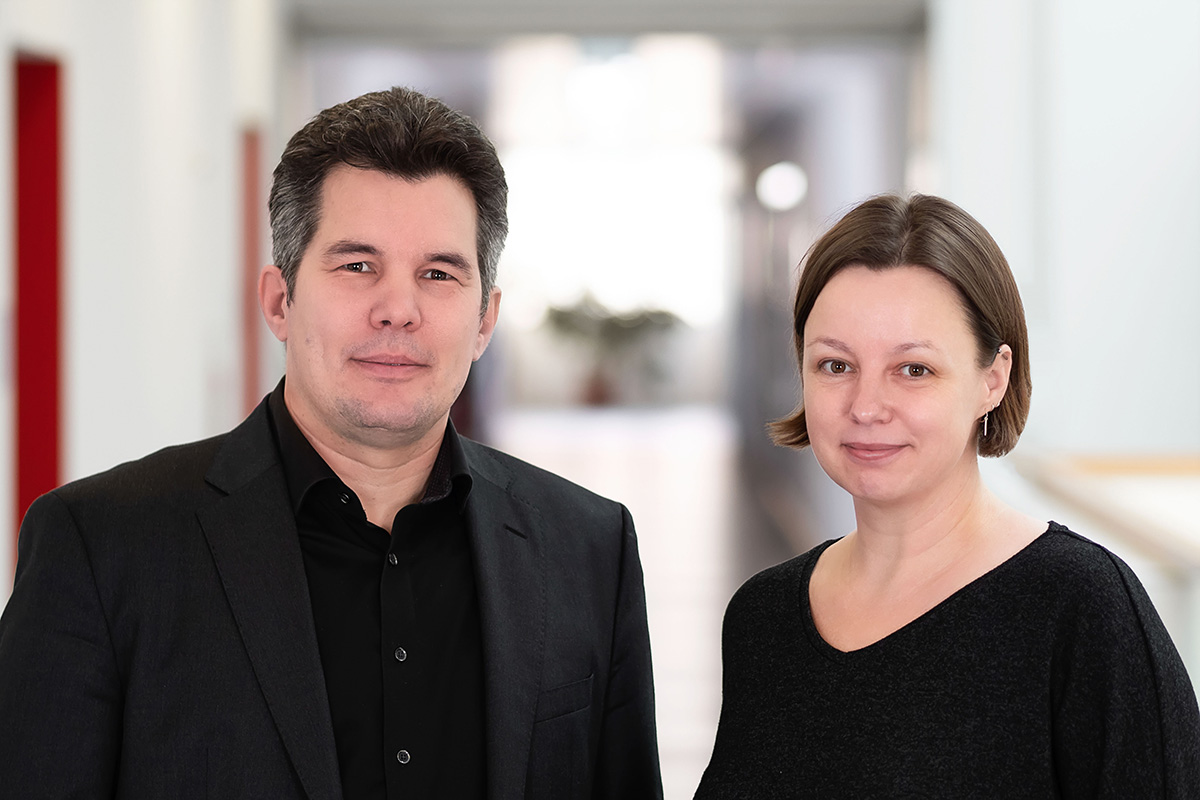The Senate of the Leibniz Association recommends that the federal and state governments continue to fund the LIN over the next seven years. The basis for this recommendation is the evaluation report of an independent expert commission. The evaluation report, published on July 1, particularly praises the LIN's coherent research concept.
Prof. Dr. Stefan Remy, the Executive Director of the LIN, was delighted with this excellent evaluation and the associated recommendation by the Leibniz Senate: "This is a great success for all our staff. With this positive evaluation, the top-class international evaluation commission encourages us in our work and gives us valuable advice for the next phase of our strategic planning."
The evaluation commission highlighted the very positive development of the institute since the last evaluation seven years ago, still under former director Eckart Gundelfinger. For the future, the Leibniz Senate recommends to further expand the research work on the neuronal mechanisms of learning and memory in humans and animals, especially also through collaborative projects and cooperation with hospitals. It also supports the LIN's plans to increasingly use AI-based techniques to comprehensively evaluate the large amounts of valuable brain data.
Furthermore, in the future, there will also be an even stronger focus on promoting young scientists. "We want to actively work to further improve the conditions for our young and talented researchers at the LIN and at the neuroscience site in Magdeburg in general," Remy said.
About the evaluation process
The institutions that have joined together in the Leibniz Association are jointly funded by the federal and state governments because of their supraregional importance and an overall interest in science policy. Regularly, at least every seven years, a review is carried out to determine whether the conditions for joint funding are still met. This involves an independent assessment of how the institution has developed in terms of content and structure in recent years, and to what extent the plans for the future are convincing.
The procedure is organized in two stages: In the first stage, the scientific evaluation is carried out by independent expert groups on the basis of clearly defined criteria. In the second stage, the Senate of the Leibniz Association decides on a science policy statement on the evaluated institution based on the evaluation report, which includes a funding recommendation. Subsequently, the Joint Science Conference (GWK) reviews whether the prerequisites for joint funding of the institution by the federal and state governments still exist on the basis of the Senate's statement and a statement by the departments of the host state and the federal government responsible for the institution.


